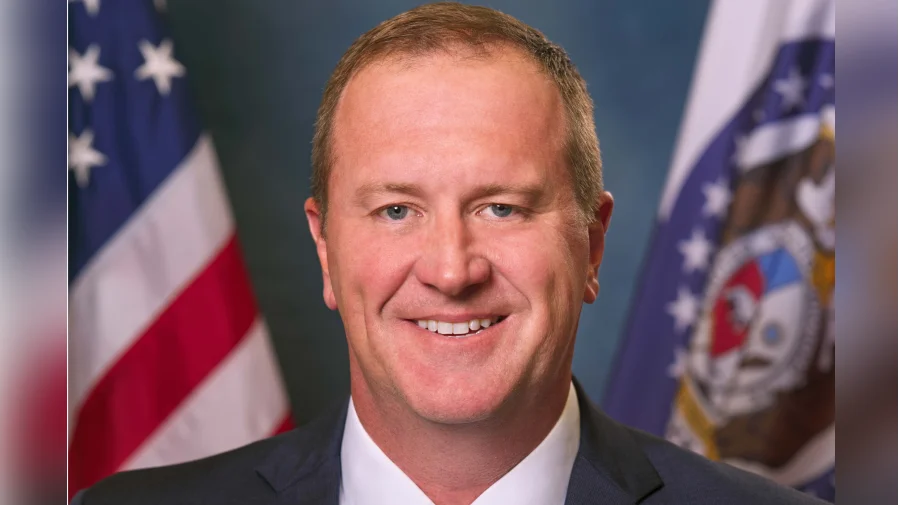Senator Eric Schmitt | U.S. Senator Eric Schmitt
Senator Eric Schmitt | U.S. Senator Eric Schmitt
Tomorrow, the Senate is set to vote on a disapproval resolution under the Congressional Review Act. This resolution targets the U.S. Department of Treasury's alleged misuse of COVID recovery dollars and its redefinition of the original intention of Coronavirus State and Local Fiscal Recovery Funds (SLFRF). The resolution was introduced by Senator Eric Schmitt alongside a group of Senators in February.
"Treating taxpayer money allocated for COVID relief as a slush fund for pet projects by Biden’s Treasury is emblematic of Washington addiction to wasteful spending. Redefining a rule to allow for wasteful expenditures unrelated to COVID recovery will not only cost American families an extra $1,200 per year but perpetuates inflationary policies that have hurt working Americans. I’m proud of my work on this CRA and encourage the Senate to stop abuse of taxpayer dollars by this administration,” stated Senator Eric Schmitt.
Schmitt's efforts are supported by several Senators including Roger Marshall (R-KS), Tom Cotton (R-AR), Mike Braun (R-IN), Marsha Blackburn (R-TN), Rick Scott (R-FL), Bill Hagerty (R-TN), Cynthia Lummis (R-WY), Ted Budd (R-NC), Mike Lee (R-UT), Pete Ricketts (R-NE), Ron Johnson (R-WI), and Joni Ernst (R-IA).
In the House of Representatives, Representative Troy Balderson leads an identical resolution and is joined by multiple representatives from various states.
The American Rescue Plan Act of 2021 provided $350 billion for the SLFRF, which was designed to aid state and local governments with COVID-19 economic recovery. The ability to incur costs with SLFRF funds expires on December 31, 2024. However, a new rule from the Treasury has changed the definition of an "obligation" under the ARPA, allowing states and localities to spend this funding past 2024 if they report potential spending ideas to the Treasury in the upcoming months. This new rule has been criticized as it only allows for administrative and legal requirements and does not directly benefit taxpayers.
The extension of COVID-19 era funding is particularly puzzling considering that the Biden Administration ended the federal Public Health Emergency for the pandemic on May 11, 2023.
In 2021, the Treasury defined a cost as incurred "if the recipient has incurred an obligation with respect to such cost by December 31, 2024." However, in November 2023, the Treasury redefined an "obligation," allowing recipients to make future agreements to spend SLFRF funds into 2026. Critics argue that this interpretation contradicts both the basic definition of an obligation and Congressional intent.






 Alerts Sign-up
Alerts Sign-up